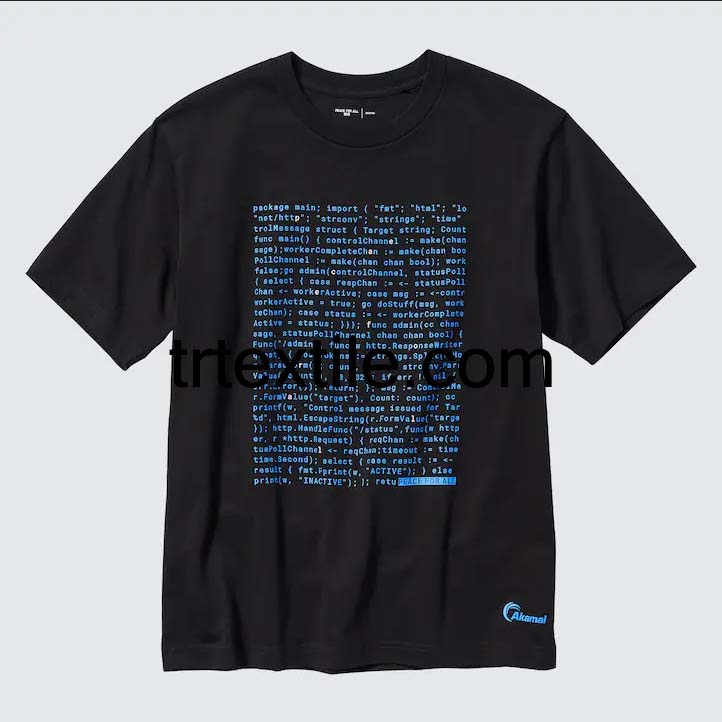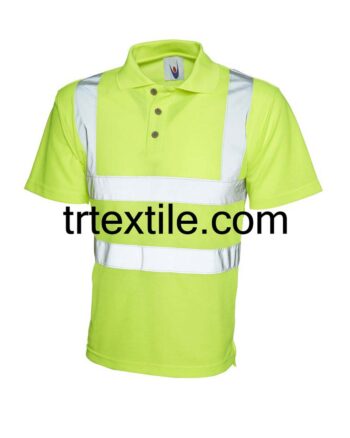T-shirts are an essential wardrobe staple for people of all ages and demographics. From basic white tees to trendy graphic prints, there is a t-shirt for everyone. But have you ever stopped to think about how these ubiquitous garments are made?
T-shirt production is a complex process that involves multiple steps and stages. In recent years, there has been a shift towards more sustainable and ethical production models in the fashion industry, including t-shirt production. One such model is known as Model 8, which prioritizes sustainability, fair labor practices, and transparency in the production process.
Model 8 begins with the sourcing of materials. In traditional t-shirt production, cotton is the most commonly used material. However, cotton production is notoriously resource-intensive and often involves the use of harmful pesticides and fertilizers. In Model 8, organic cotton is used whenever possible. Organic cotton is grown without the use of synthetic chemicals, making it better for the environment and for the people who work in the fields.
Once the materials are sourced, they are sent to a factory for production. In Model 8, factories are selected based on their commitment to fair labor practices. This means that workers are paid fair wages, have safe working conditions, and are not subjected to exploitation or discrimination. Additionally, factories are required to adhere to strict environmental standards, such as minimizing water and energy usage and reducing waste.
The production process itself is also different in Model 8. Rather than mass-producing t-shirts in large quantities, Model 8 focuses on smaller batch production. This allows for greater flexibility in responding to market demands and reduces the risk of excess inventory. It also means that each t-shirt is carefully crafted and inspected, resulting in higher quality garments.
Another key aspect of Model 8 is transparency. Consumers are increasingly demanding to know where their clothes come from and how they are made. In Model 8, this information is readily available to customers. Each t-shirt is labeled with information about where it was made, who made it, and what materials were used. This transparency helps to build trust with consumers and encourages them to make more informed purchasing decisions.
Overall, Model 8 represents a more sustainable and ethical approach to t-shirt production. By prioritizing organic materials, fair labor practices, and transparency, Model 8 is helping to reshape the fashion industry for the better. As consumers become more aware of the impact of their purchasing decisions, models like Model 8 are likely to become increasingly popular. So the next time you buy a t-shirt, consider choosing one that was made with care and consideration for people and the planet.




